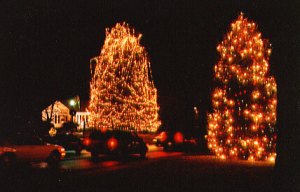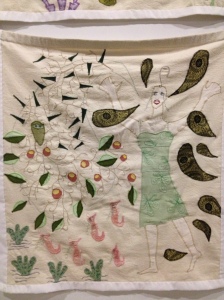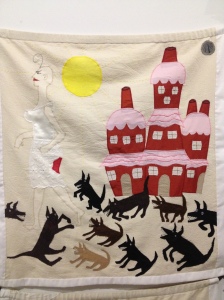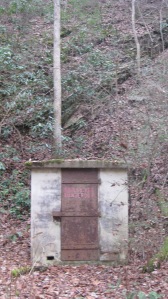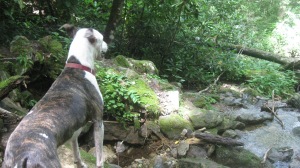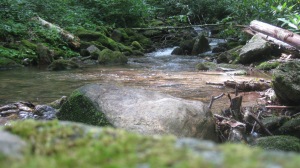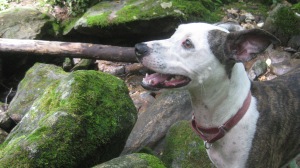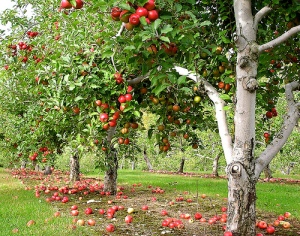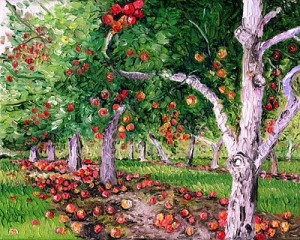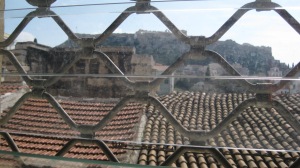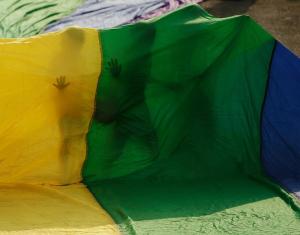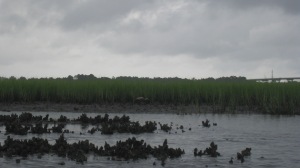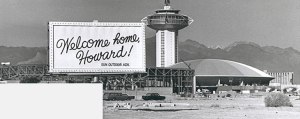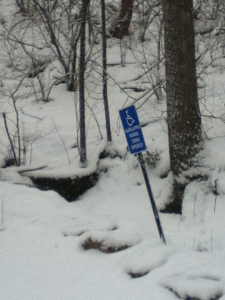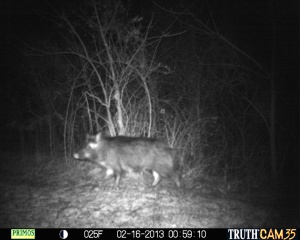It was the darkest night in over 500 years, if you believe what was posted on the internet. A lunar eclipse in the season of winter solstice, during the longest nights of the year.
Christmas season always leaves me in a kind of bleakness. It’s too much, too soon, not far enough yet into winter, with too many cold nights yet to come. It’s a kind of harvest celebration, left over from an agricultural heritage. For once, there’s nothing to be harvested, it’s too early to plant, and we’ve stored everything we can store for the upcoming months. And not everything can keep for months. “Eat up, y’all – this won’t be good tomorrow.”
It’s the time of year when there’s nothing to be done agriculturally, so rest is induced, but – perhaps because we’re not an agricultural people anymore – Christmas is not restful. Christmas is a blur of motion, of travel; like blooms on paperwhites or amaryllis, it’s a season of forced celebration. The new calendar year, which doesn’t feel like a new anything starting in this random date, this early winter season, starting and the old calendar year ending.
Like other late converts to the liturgical calendar, I’m a true believer, with all the attendant fervor and awkwardness. Advent truly does feel like the start of a new year to me, and Christmas like something that takes 12 days. As has become our tradition, M. and I string up our Christmas lights on Christmas Eve, after the church services and before midnight. We light the angels on the mantle, hang ornaments in the branches of pine, cedar and spruce we’ve gathered into a vase. We bring out our gifts from where they’ve been hidden, wrapped and bowed, beneath furniture or in the trunks of our cars. When we wake up Christmas morning, it’s magical.
But by mid-morning, it’s already stale, though the lights are nice and the Christmas coffee is steaming and rich. The wrapping paper gets cleared away; boxes and ribbons to keep and reuse is stacked in a corner.
So, how to stay in celebration for nearly two weeks? To pause, in celebration?
Music-making has a way of extending celebration. I don’t think it’s coincidence that Christmas has more music associated with it than any other single time of the year. Not just music – participatory music. Amateur, sing-a-long, squawking instrumental music. It’s hard work to nurture that feeling of shared celebration. Music is temporal, time passing, something to DO that nurtures emotional response, allows a path in, carries you through festivity. Breaking up Christmas, in the old mountain tradition.
My father and his two brothers were already silver-haired when they dusted off their old high school band instruments and began to play Christmas carols for our annual Christmas reunion. The tradition was started for their mother, my grandmother, and has outlasted her. Each year, they sound worse than the year before, a fact which is exclaimed annually with astonishment and delight. Each year, we, the singers, are prodded into embarrassed song. The embarassment is part of the tradition; neither the instrumentalists nor our carolings are that bad, but it’s a part of the tradition to pretend that they are, perhaps as a kind of counter-balance to the otherwise unseemly pride which filled our grandmother at the sight of her three sons, her boys, lifting their childhood instruments and leading us in the familiar carols.
The last few years, the my cousin’s children have read aloud from the Gospel of Luke, the Christmas story. To give them credit, they read more enthusiastically than we sing. Their sincerity rivals that of Linus:
We drive home afterwards, as we do every year, listening to Prairie Home Companion. For nearly 40 years I have listened to Garrison Keillor on the dark ride home from Charlotte, many years in the back seat, and many more now in the driver’s seat. Garrison Keillor has become another holiday companion, together with the live audience in the theater (“Gene has a message for Betty, says that he’ll be home by tomorrow afternoon, and to save him some fruitcake…”) and with my own family in our own car. That’s another way of time passing. Sometimes we sing along with the songs on the radio. I remember driving with my family, singing Christmas carols with the radio, seeing the Christmas lights as we drove and sang. This, too, is a way of time passing.
In spite of the relentless glare of gaudy Christmas display, there’s a turning towards candlelight, the small flame of awareness, the distillation of all attention towards the flicker of light that must be tended or it will be extinguished. The pause of the agricultural year provides time to tend this flame. It will be nurtured throughout the year by other elements.
The way that this time of this particular year connects to this time of other particular years, the way that all Christmases extend themselves, the way they merge across the years of any particular person’s lifetime, that’s another pause, another celebration.
The way others share in knowing and understanding the traditions, whether they’re family traditions, faith traditions, cultural traditions – the way that these times are shared is another pause, another celebration.
Every time we do the things we do every year, the activity is blurred both with the knowledge that it won’t last forever – the fragility of life, of time passing, that it won’t come again – and also that it will come again, even if it’s not in the exact same way. The exact wrong notes will not be played in exactly the same way any other year. The little girl who plays Mary will be older next year, and still older the year after. At some point she will leave for college, and another Mary will take her place. People who are with us now will die, young or old. But the things that we do every year, they will continue to happen. Someone else will sit in Grandmother’s chair, and we will remember Grandmother’s whistling, and her pride in her family.

